Afropunk 2023: what went down? [@afropunk]
![Afropunk 2023: what went down? [@afropunk]](https://guap.co/wp-content/uploads/2023/09/Screenshot-2023-09-01-at-17.22.19-1140x850.png)
In the heart of Brooklyn, amidst the vibrant cultural tapestry of one of New York City’s most iconic boroughs, the Afropunk Festival returned in 2023 to celebrate a powerful fusion of music, art, fashion, and activism. This annual gathering has become a symbol of black excellence, unity, and resilience, transcending boundaries and stereotypes while reaffirming the profound impact of Black culture on the world stage. This year’s festival fashion was a vibrant and eclectic blend of Afrofuturism, streetwear, and high fashion silhouettes, where attendees boldly expressed their individuality.
Afropunk’s fashion culture not only challenges conventional norms but also the industry’s lack of representation. By embracing and elevating black designers, models, and creators, the festival serves as a catalyst for change within the fashion world, promoting diversity and inclusivity. However, fashion fits, music and food aside, we should all remember Afropunk festival is more than just an event; it’s a movement.
The History of Afropunk
Afropunk was first founded in 2005 in Brooklyn by Matthew Morgan and James Spooner. The festival was born out of a documentary film project by James Spooner called “Afro-Punk” which explored the experiences of black people within the predominantly white punk subculture. The film, released in 2003, delved into the challenges and unique perspectives of black individuals who identified with punk music and the alternative scene. Matthew Morgan, inspired by Spooner’s documentary, partnered with him to create the Afropunk Festival in 2005 as an extension of the film’s themes. The festival aimed to provide a platform for black musicians, artists, and creatives who often felt marginalised or overlooked in both mainstream and alternative music and cultural scenes. It sought to challenge stereotypes, celebrate diversity, and create a space where black individuals could express themselves authentically within alternative and punk cultures.
Notably, James Spooner stepped down from his leadership position from Afropunk around 2008, which marked a pivotal moment in the festival’s evolution. His departure from the organisation signified a shift in leadership, which has lead to an array of controversial debates about the original intentions of the festival in spotlighting black punk subculture have drifted.
Afropunk 2023
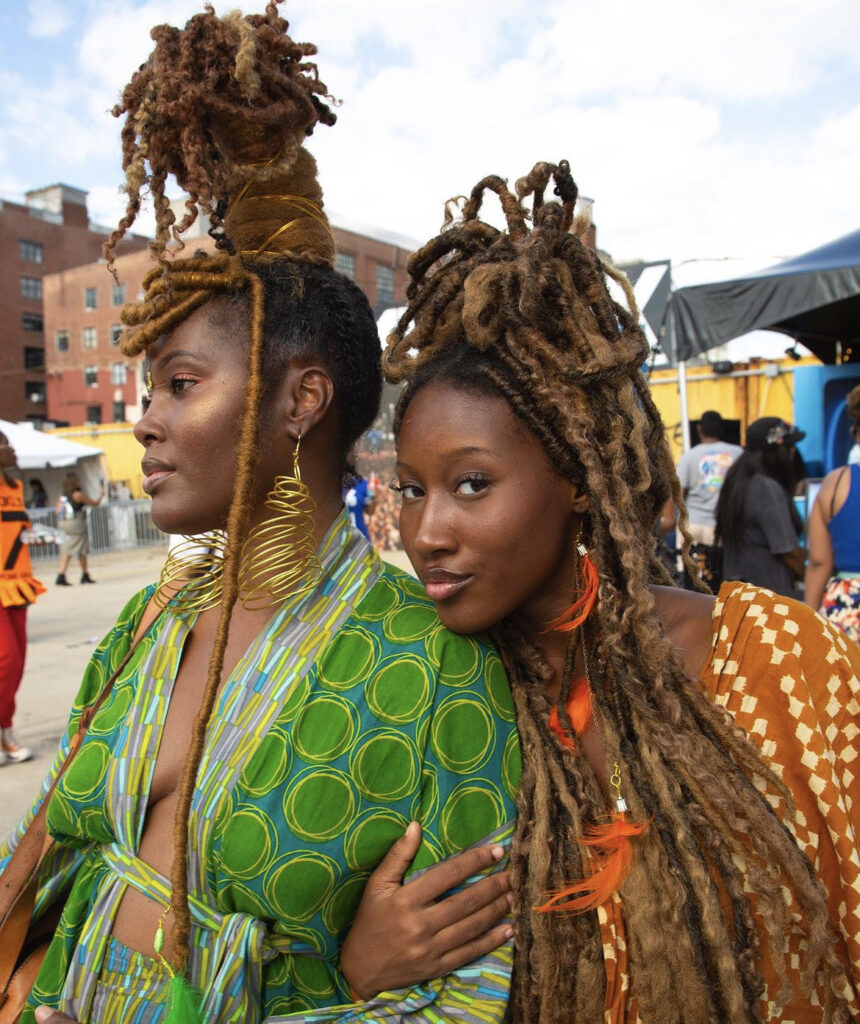
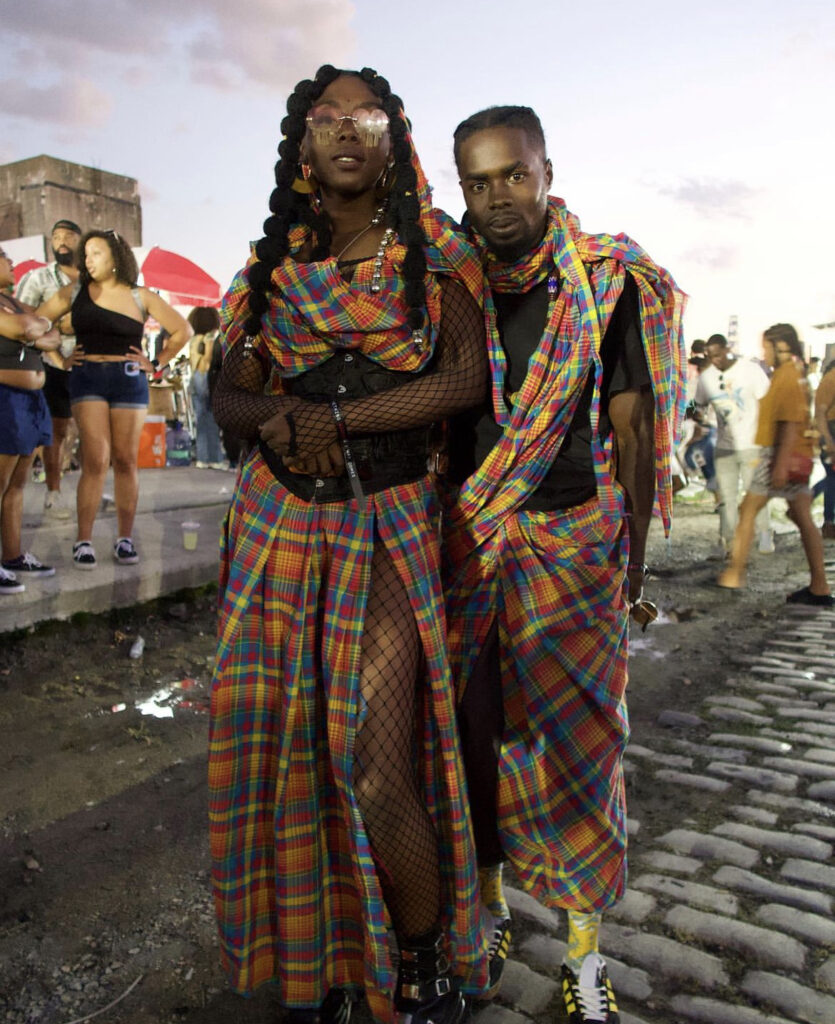
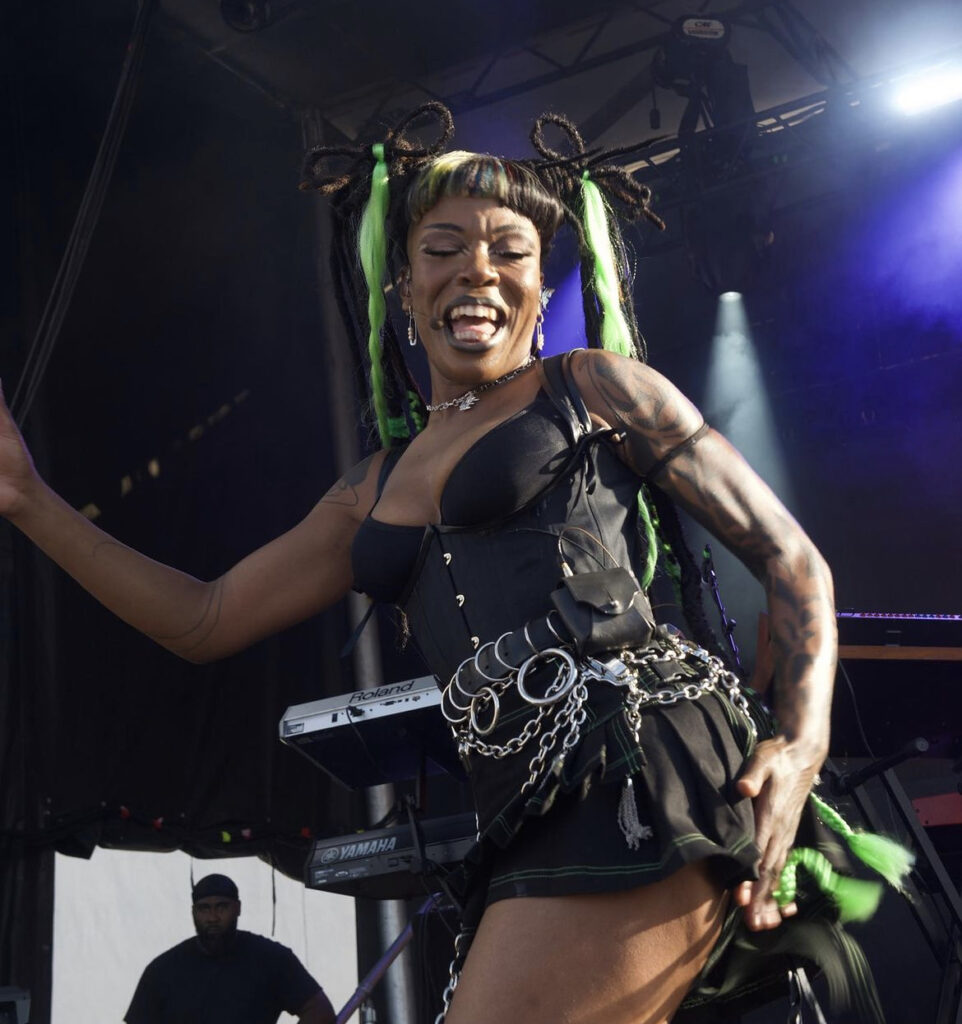
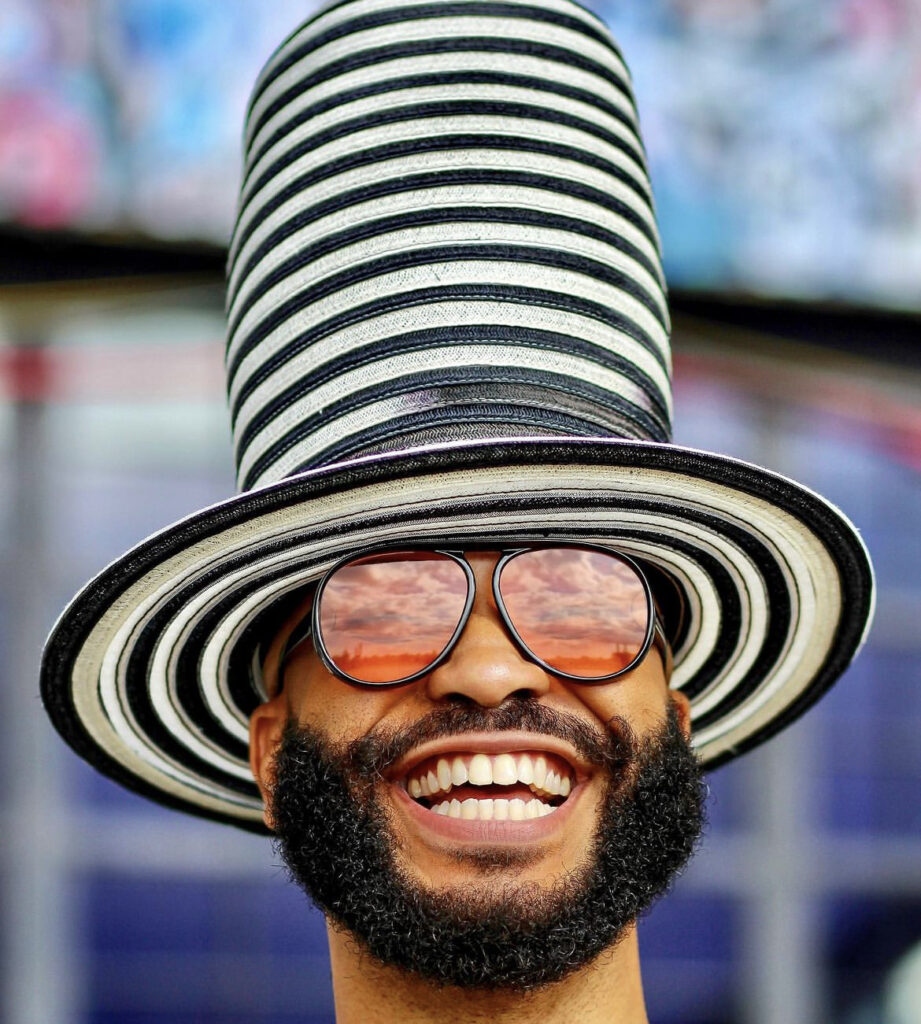
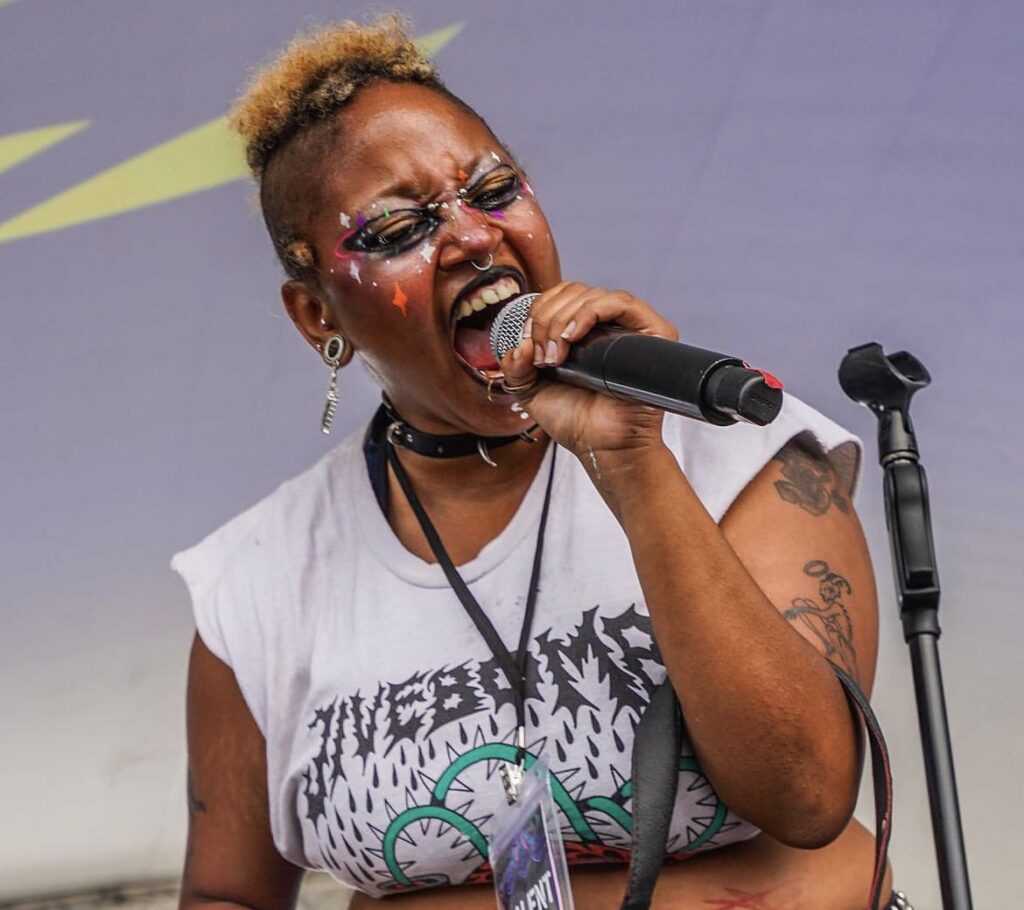
Since its inception, the festival has evolved into a global phenomenon, influencing not only music but also fashion, activism, and social change. The festival has been held in Paris, London, Johannesburg and across multiple cities in the US. Its eclectic lineup represents a cross-section of Black artistry, spanning genres from hip-hop to punk, and electronic to soul. This diversity of sound reflects the multiplicity of Black experiences, defying any attempts at categorisation.
This year’s lineup was no exception, featuring both established legends and emerging talents. The festival saw performances from luminaries like Teyana Taylor, Tobe Nwigwe, Flying Lotus, Vince Staples, Joey Badass Durand Bernard, ENNY and more. Emerging artists like Stonie Blue, DJ Wemi, Akwaeke and more brought fresh voices to the forefront, showcasing the future of Black music.
Black Business and Social Activism
The black business stalls and vendors at Afropunk this year formed a bustling marketplace showcasing the best of black creativity and entrepreneurship. From art dealers, fashion designers, jewellers, grill makers, hair stylists, henna artists to Southern American and African inspired food and drink vendors – the festival had everything to offer.
Beyond commerce, these stalls and vendors are a living embodiment of resilience, as they thrive in a space where culture, commerce, and creativity converge, leaving a lasting impact on both the festival and the broader community.
The festival also provided a platform for organisations and movements dedicated to change such as the Movement 4 Black Lives. The Movement for Black Lives is a coalition of organisations and activists committed to addressing and eradicating systemic racism and social injustices experienced by black communities in the United States. Their mission encompasses advocating for significant policy changes, including police reform, criminal justice reform, and reinvestment in Black neighborhoods. Additionally, they confront issues such as economic inequality, healthcare disparities, and educational inequities.
Overall, as Afropunk continues to evolve and inspire, it remains a beacon of hope and a testament to the strength and resilience of the black community. In the heart of Brooklyn, it reaffirms the truth that black culture is not just a part of America’s story; it is the beating heart of it, and it will continue to shape the future for generations to come.
Discover more from the Arts & Culture section here




![ZINO VINCI’S ‘FILTHY & DISGUSTING’EP BRINGS YOU TO THE CORE OF THE ARTIST [@ZinoVinci]](https://guap.co/wp-content/uploads/2023/10/Zino-4.jpg)

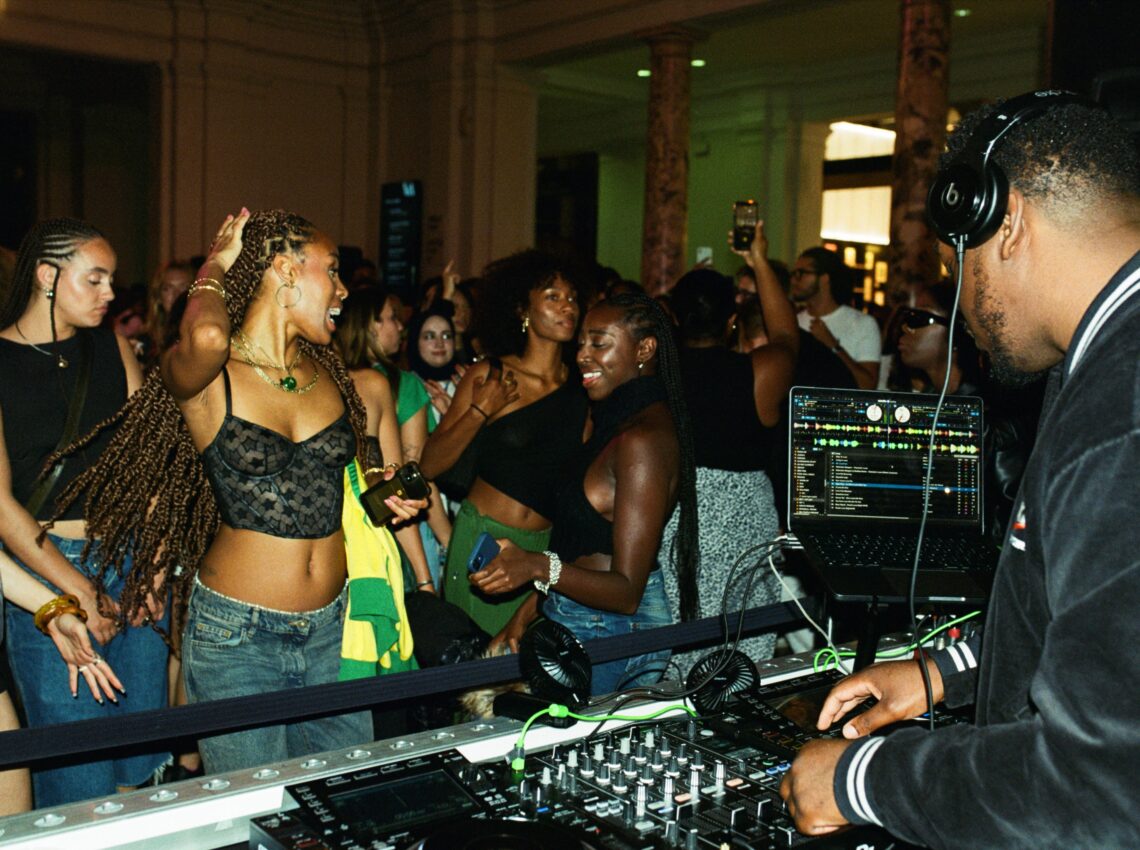
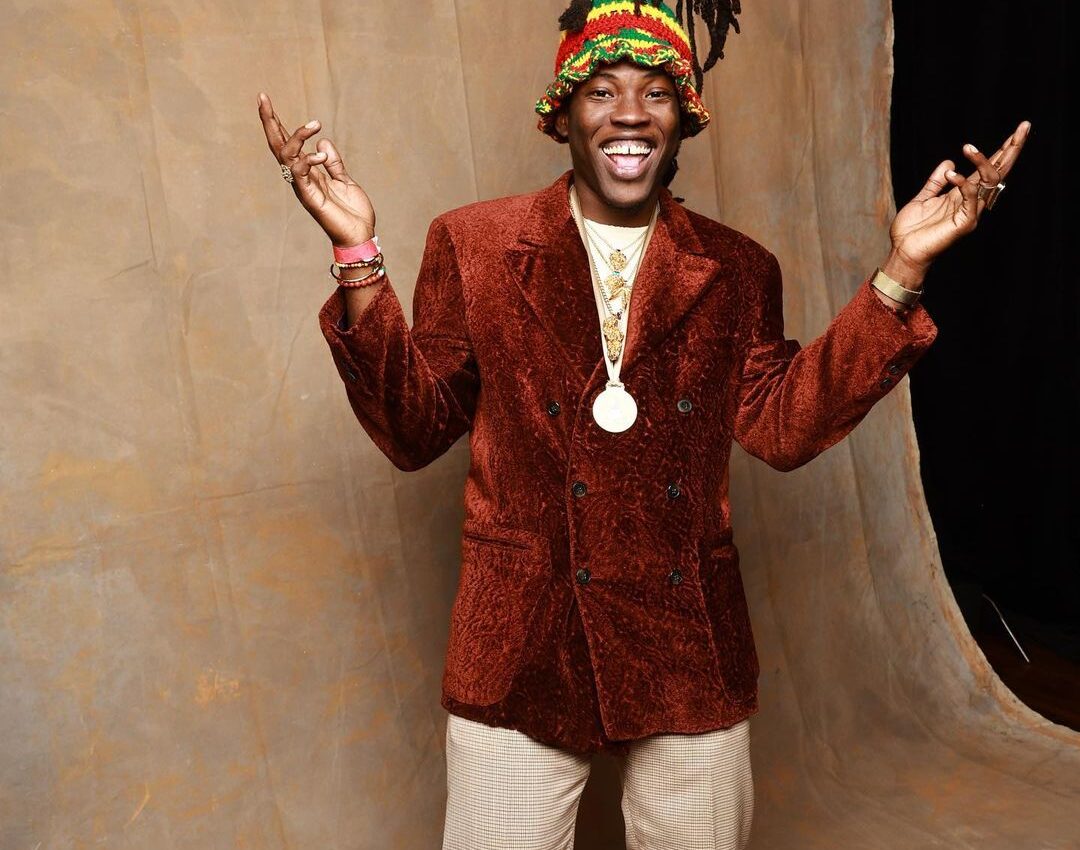


![Remel London’s [@Remel_London] “Mainstream” is a must attend for upcoming presenters!](https://guap.co/wp-content/uploads/2017/02/REMEL-LONDON-FLYER-FINAL-YELLOW-COMPLETE-1.png)